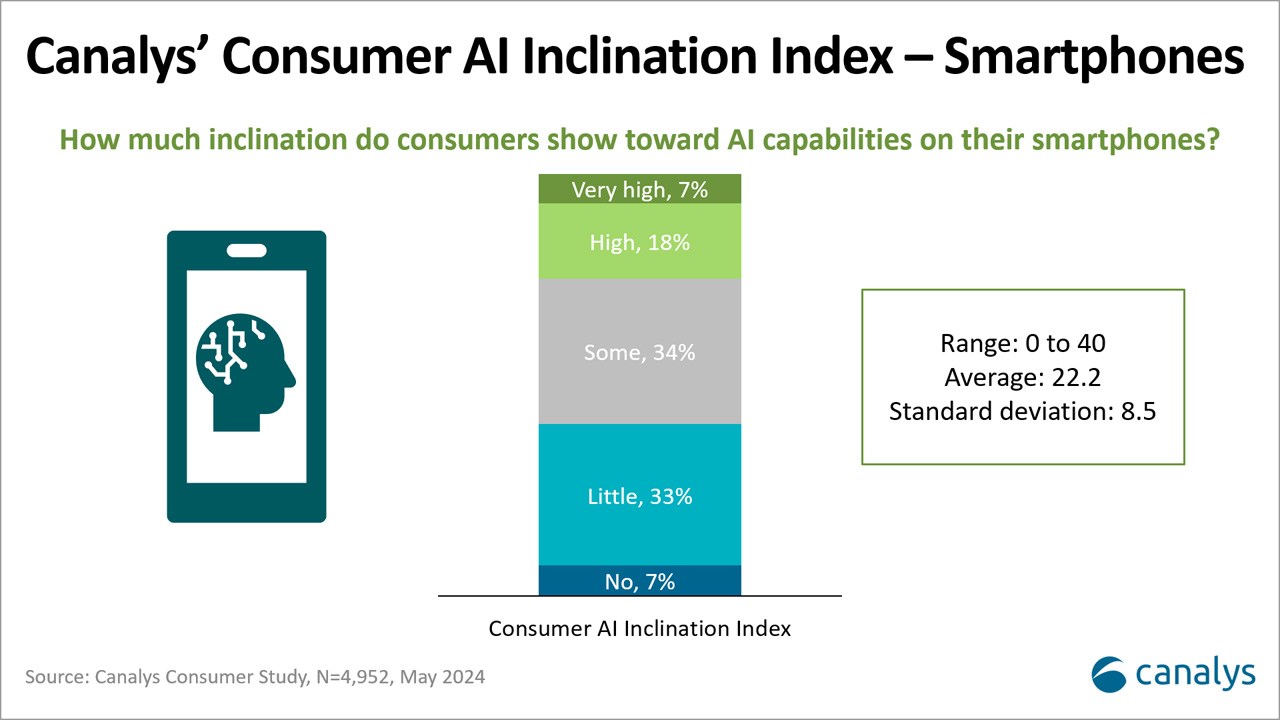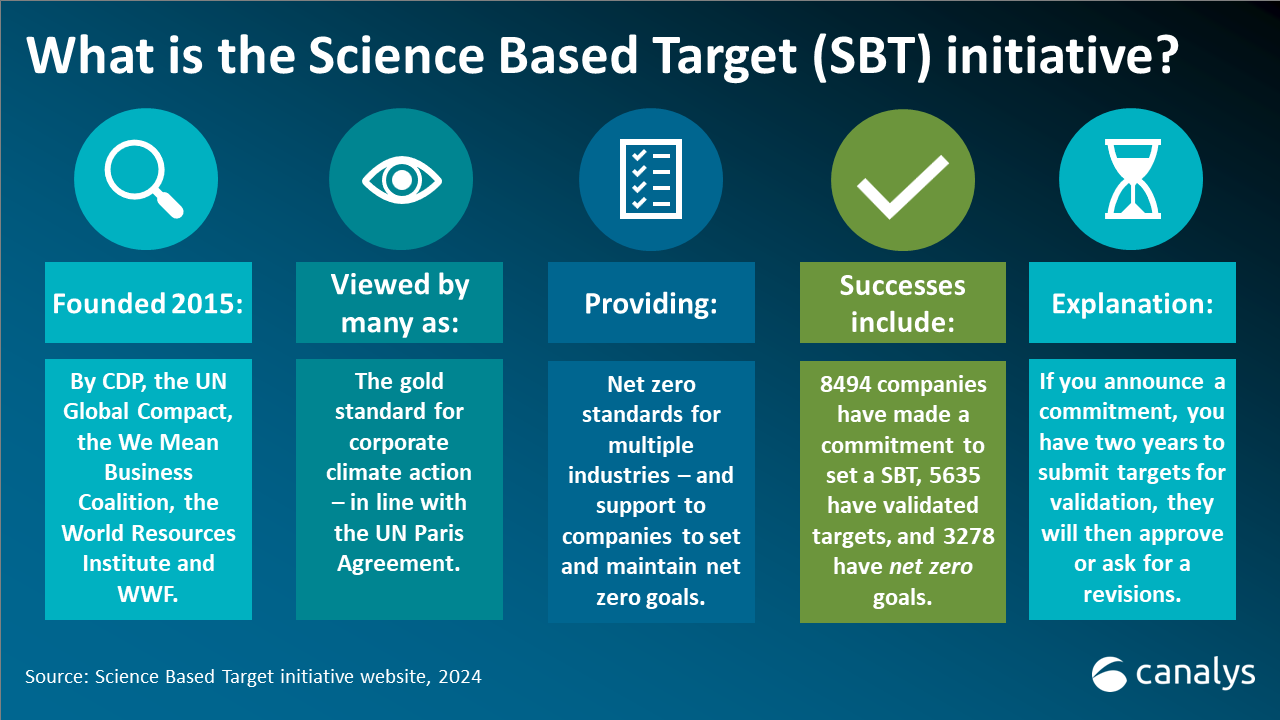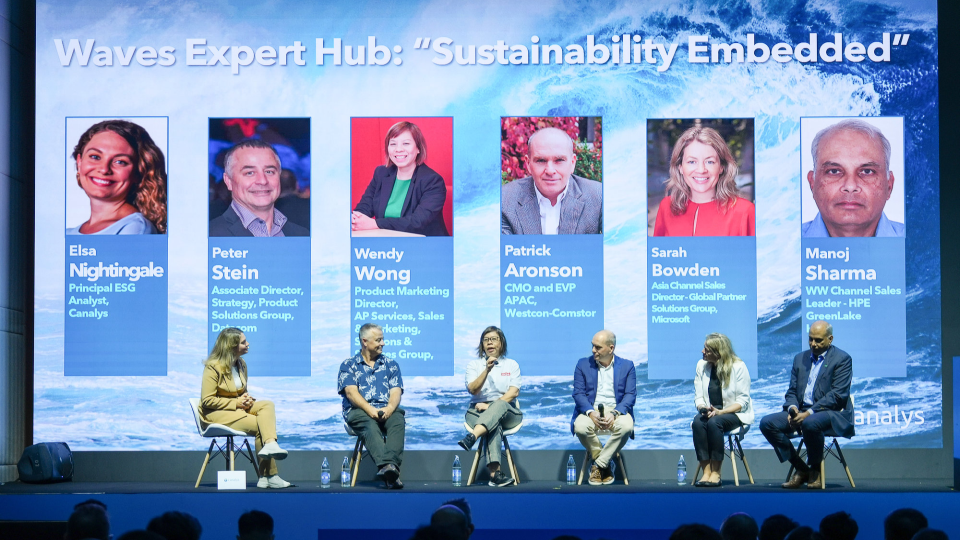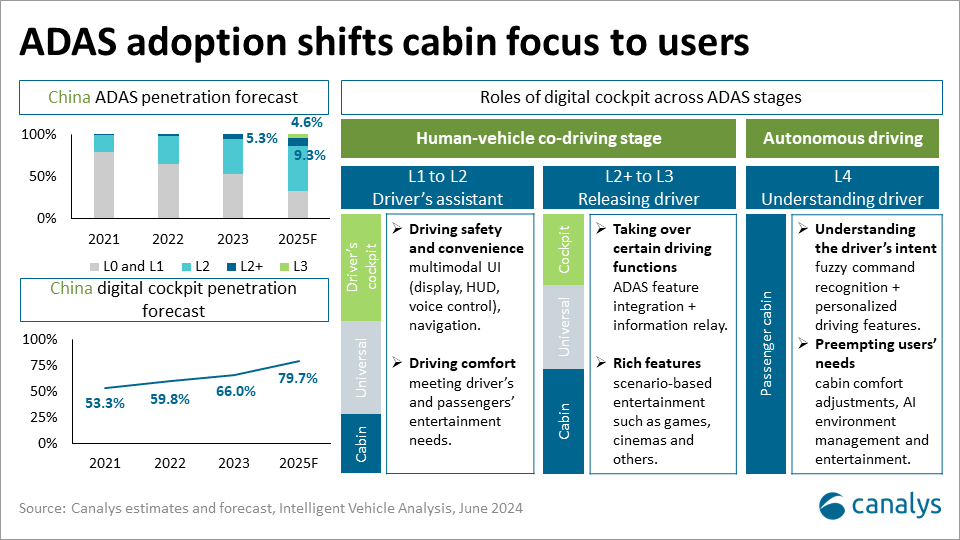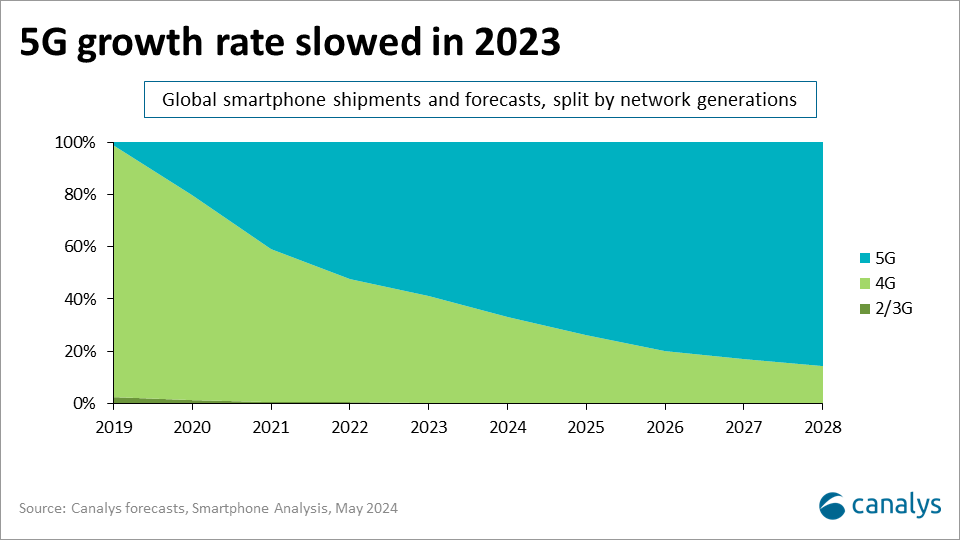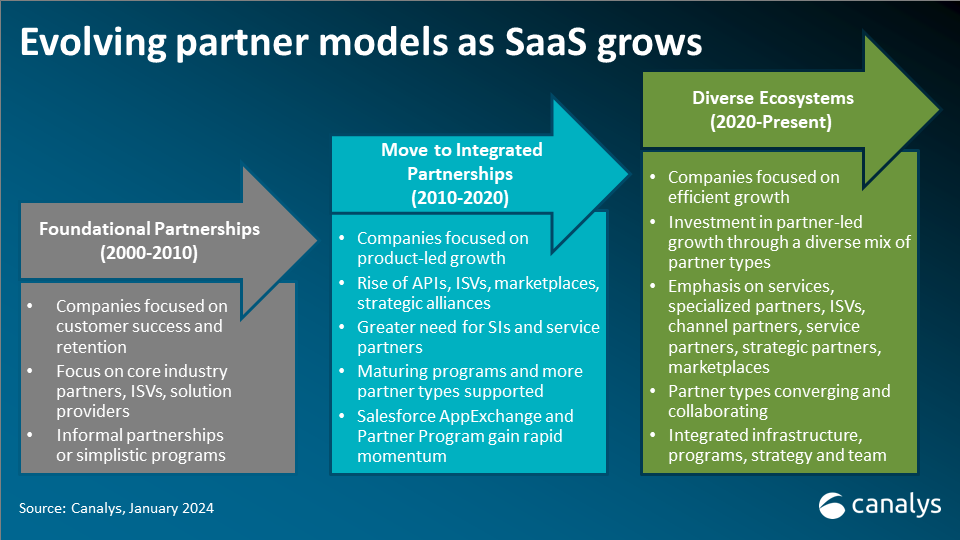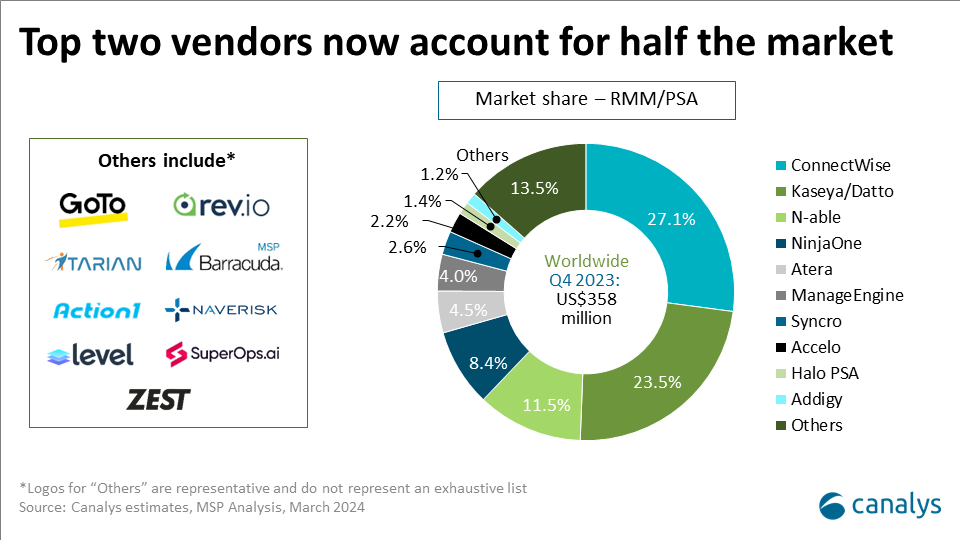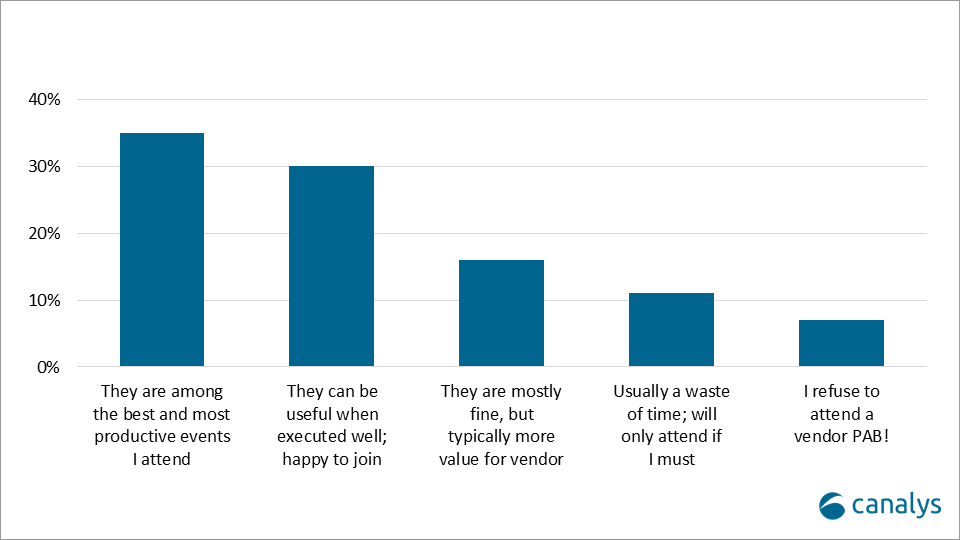Canalys is part of Informa PLC
This site is operated by a business or businesses owned by Informa PLC and all copyright resides with them. Informa PLC’s registered office is 5 Howick Place, London SW1P 1WG. Registered in England and Wales. Number 8860726.

AI PC success is central to Lenovo’s broader goals
Success in AI PCs will be crucial to Lenovo's broader goal of being a leader in hybrid AI and achieving success in its “pocket-to-cloud” strategy. Our exclusive video interview and blogs give insights into the opportunities and challenges ahead.


Canalys Principal Analyst Ishan Dutt, interviewed Steve Long, Senior Vice President of the Intelligent Device Group (IDG) at Lenovo, to discuss the company’s strategy and how it intends to seize the massive opportunities emerging around AI.
Lenovo emphasizes its “pocket-to-cloud” strategy to unlock opportunities in hybrid AI
As AI PCs transition from concept to practical application, leading PC vendors are detailing how this innovative product category integrates into their overarching strategies. Each company's AI strategy — whether Dell's “four pillar” approach, HP's emphasis on edge computing and industry-specific solutions, or Lenovo's hybrid “AI for All” initiative — aims to deliver a comprehensive user experience that utilizes AI technology.
At the Lenovo Tech World 2023 event, Chairman and CEO Yang Yuanqing, introduced the company’s “pocket-to-cloud” strategy and announced a US$1 billion investment in AI innovation. This strategic shift underscores Lenovo's transformation from a primarily hardware-focused vendor to a provider of holistic end-to-end solutions and services, addressing the IT transformation needs of its diverse customer base.
The challenge for IT decision-makers lies in determining the optimal timing and methods for integrating AI into their operations, given the ambiguity in potential applications, increasing complexity, regulatory hurdles, and budget limitations. Steve Long reflecting on this issue, noted, “Customers more and more want to know what can they do with [technology] and how can they drive outcomes?” In such a landscape, gaining a first-mover advantage is crucial, as early adopters often set the standards for how AI is experienced and utilized by customers.
Lenovo is in a strong position with its extensive portfolio within and beyond hardware, and its prominence in the commercial PC market. Strong engagement with its vast commercial customer base, many of which are navigating the AI landscape, can close the gap between interest in and actual adoption of AI products and services.
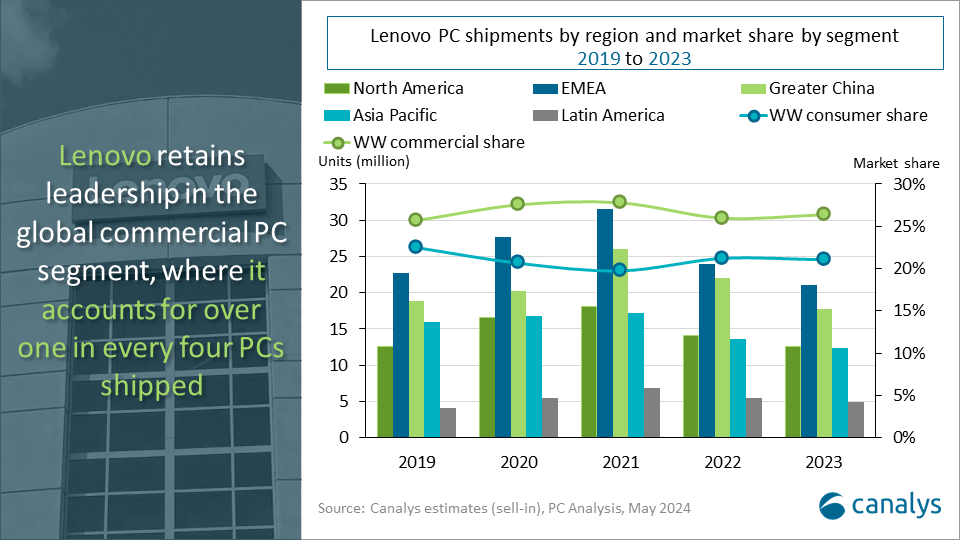
Lenovo’s “3 Ps” - Personalization, Productivity and a Protected experience - are key to driving AI PC adoption
Personalization
While most users’ initial experiences with AI functionalities have been through cloud-based applications utilizing large language models (LLMs) or large vision models (LVMs), the emergence of AI PCs presents vendors like Lenovo with the chance to deliver more tailored experiences. These experiences are powered by on-device models that leverage individual or enterprise data, emphasizing the “personal” aspect of personal computers. This can help turn potential challenges into opportunities. For instance, Microsoft's restrictions on deploying Copilot in Mainland China could be a setback for major PC vendors. However, Lenovo can leverage this situation with its own developments, such as the Tianxi AI and the personal AI assistant Xiaotian. Lenovo also plans to introduce its proprietary AI software and LLMs alongside Copilot in markets outside Mainland China in the future.
Productivity
A key benefit touted by the industry is the increased productivity afforded to users of AI PCs compared to those without. While enhancements such as better performance, improved audio-visual experiences and longer battery life are likely to be standard across most AI PCs from different vendors, creating distinct offerings will be crucial. The strategy should be customized to the target audience. For consumers, AI features may focus on personalization and creativity, offering tools like AI assistants for task management or capabilities for generating text and images. Lenovo's proprietary features, such as the Yoga Creator Zone and Xiaotian, are designed to meet these needs. On the other hand, businesses might prioritize features that boost collaboration (for example, real-time translation and meeting summarization), enhance security (for example, AI-powered threat detection) and provide data-driven insights (for example, business intelligence tools). By delivering a tailored suite of AI tools that address specific needs and enhance productivity, PC vendors can secure a more robust position in the market.
Protected experience
As AI becomes more integrated and widespread, security concerns are intensifying. A recent Canalys survey reveals that 51% of respondents identify confidentiality and data protection as their top concerns regarding AI adoption in the workplace. On-device AI offers a potential solution by improving data security. However, this advantage must be effectively communicated to users. IT decision-makers are now facing the challenge of managing the security landscape as their organizations shift toward AI-enhanced environments. Lenovo can address these concerns by emphasizing features powered by its Neural Processing Unit (NPU), such as real-time threat detection. More importantly, Lenovo can provide significant value through comprehensive end-to-end solutions and consulting services that assist customers in securing their IT infrastructures.
Beyond security concerns for customers, broader challenges persist from regulatory bodies and the readiness of the market for new AI features. For instance, Microsoft has postponed the introduction of its “Recall” feature in Copilot+ PCs following increased focus on its “Secure Future Initiative”. In a rapidly changing environment, PC vendors face the risk of association with broader AI-related concerns and must adopt a proactive approach to ensure the secure and ethical development and deployment of AI technologies.
Effective partnerships will be crucial in driving AI PC adoption
Lenovo eyes on-device AI as a tailwind to drive premium market growth, accelerate PC refresh cycles and boost profitability. However, achieving real-world success from this potential will require collaborative efforts across various industry stakeholders.
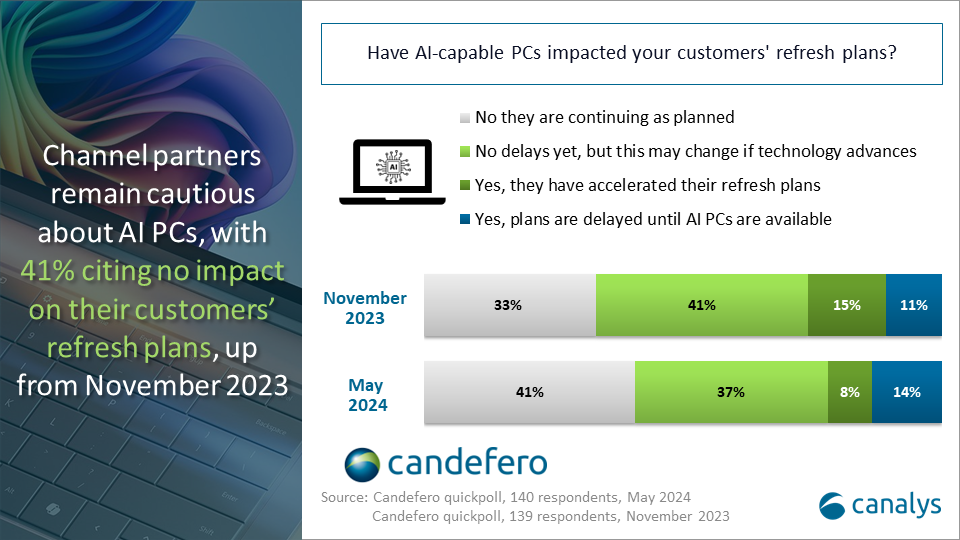
Channel partners will play a crucial role in the large-scale adoption of AI PCs. According to Canalys polling, channel partners remain cautious about the opportunity, with 41% noting no impact on customers' refresh plans as of May 2024, an increase from the estimated 33% in November 2023. This caution emphasizes an important reality — the benefits and use cases for AI PCs remain murky to many customers. As a channel-first company, it is incumbent upon Lenovo to educate and equip partners to be strong proponents of AI PCs, especially during the ongoing Windows refresh cycle in which a large proportion of its end customers will be upgrading their PC fleet.
Beyond channel partners, engagement with ISVs and incentivizing developers to explore new use cases that capitalize on SoC advancements will be critical. While NPUs offer performance improvements, the true value lies in software that can unlock their full potential. Initiatives like Lenovo’s “AI Innovators Program” are a good start, but continued investment in driving on-device AI capabilities, software development and partner education is necessary to create clear benefits for customers when they choose Lenovo as their primary technology provider.
For more Canalys insights on the emergence of AI-capable PCs, read our in-depth report now. For a deeper dive into PC vendors’ AI strategies, opportunities and challenges, keep an eye out for Canalys’ upcoming client-exclusive reports.
